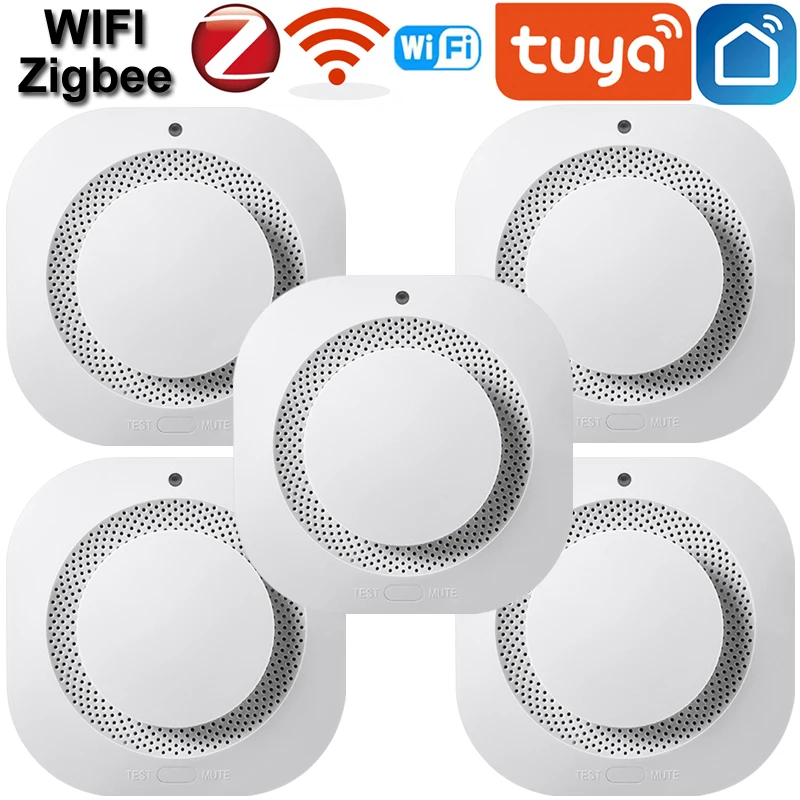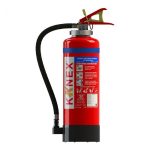Common Causes of Smoke Alarm Chirping
Smoke alarms emit chirping sounds for varied reasons. Understanding these causes can help pinpoint issues fast. Here are some common triggers for alarm chirps:
- Battery Problems: Often, chirps signal a low or dead battery. Verify the unit’s battery and ensure it’s not loose or improperly placed.
- Dust in the Sensing Chamber: A dirty detector can chirp. Clean the sensing chamber to fix this issue.
- Incorrect Installation: A new alarm might chirp if the battery pull-tab is still in place or the battery drawer isn’t fully closed.
- Environmental Triggers: Smoke alarms near kitchens or bathrooms may chirp due to heat or humidity. Place them away from such areas.
- Age of the Smoke Alarm: Old alarms lose efficiency and can chirp more. Check the manufacture date and plan a replacement if needed.
- Electrical Fluctuations: For hard-wired alarms, power surges can cause chirping. Check after a power outage to ensure your alarm resets properly.
Addressing these common causes can reduce the annoying chirps and maintain your smoke alarm’s reliability. Regular checks and maintenance are key to preventing unnecessary noise and ensuring safety.
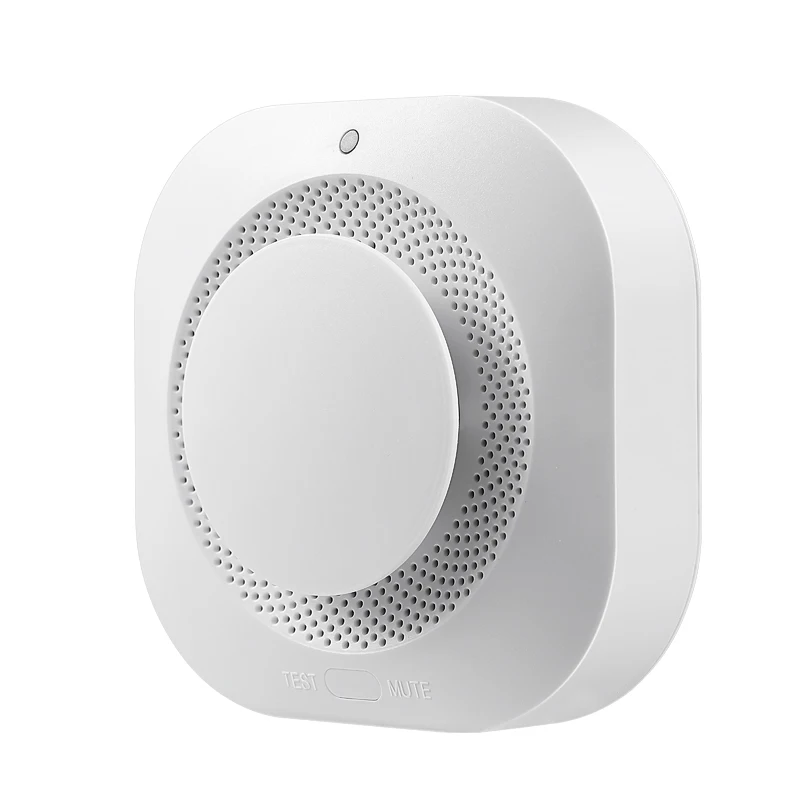
Low or Dead Smoke Alarm Batteries: What You Need to Know
Smoke alarm chirping often signals a battery issue. A low battery condition is the most frequent cause of a smoke alarm chirping every 30 seconds to one minute, indicating that it needs immediate replacement. Batteries, whether in battery-operated or hard-wired smoke alarms, are critical for their operation as they ensure the alarm functions during a power outage.
Importance of Battery Maintenance
Ensuring your smoke alarm batteries are in good condition is crucial. Regularly check and replace batteries every six months to avoid unexpected failures. Always use the recommended battery type and make sure they are installed correctly, observing the correct polarity.
Steps to Replace Smoke Alarm Batteries
- Turn Off Power: For hard-wired smoke alarms, ensure you turn off the power at the circuit breaker.
- Remove the Alarm: Detach the smoke alarm from its mounting bracket.
- Replace the Battery: Open the battery compartment, remove the old battery, and insert a new one.
- Test the Alarm: After replacing the batteries, press the test button to ensure the alarm is working correctly.
- Reattach the Alarm: Once tested, place the smoke alarm back on its mounting bracket and turn the power back on for hard-wired units.
Replacing dead or low batteries promptly will keep your smoke alarm ready to alert you at the first sign of smoke or fire.
The Impact of Placement on Smoke Alarm Performance
Smoke alarm placement is key to their effectiveness. Location matters for ensuring your smoke alarm works well and doesn’t chirp unnecessarily. Here are some insights about optimal smoke alarm placement and its impact:
- Avoid the Kitchen: Smoke alarms too close to the stove may chirp often. Move them away to prevent false alarms.
- Bathrooms: Humidity from showers can trigger chirps. Place alarms further from these rooms.
- Windows and Drafts: Avoid placing smoke alarms near drafty areas. This can cause false alerts.
- High Ceilings: Placing alarms on high ceilings can delay smoke detection. Choose wall mount locations strategically.
Selecting the right spot to install your smoke alarm maximizes performance and minimizes chirps from environmental factors.
How Dust and Debris Affect Your Smoke Alarm
Dust and debris can lead to false alarms or unexpected chirping. Over time, dusty environments cause accumulation within a smoke alarm’s sensing chamber. This can hinder the alarm’s ability to function properly.
The Role of Sensing Chambers
Sensing chambers are critical for detecting smoke. When blocked by dust or insects, they can react with a chirp. Regular cleaning ensures clear sensor paths.
Preventing False Alarms
To prevent false alarms from dust and debris, vacuum the smoke alarm vents semi-annually. A quick dusting with a cloth can keep your alarms free from common airborne particles.
Maintaining your smoke alarm’s cleanliness is not just about stopping chirps. It’s about ensuring your alarm is responsive in an actual emergency. For maximum efficiency, incorporate these cleaning steps into your routine smoke alarm maintenance.
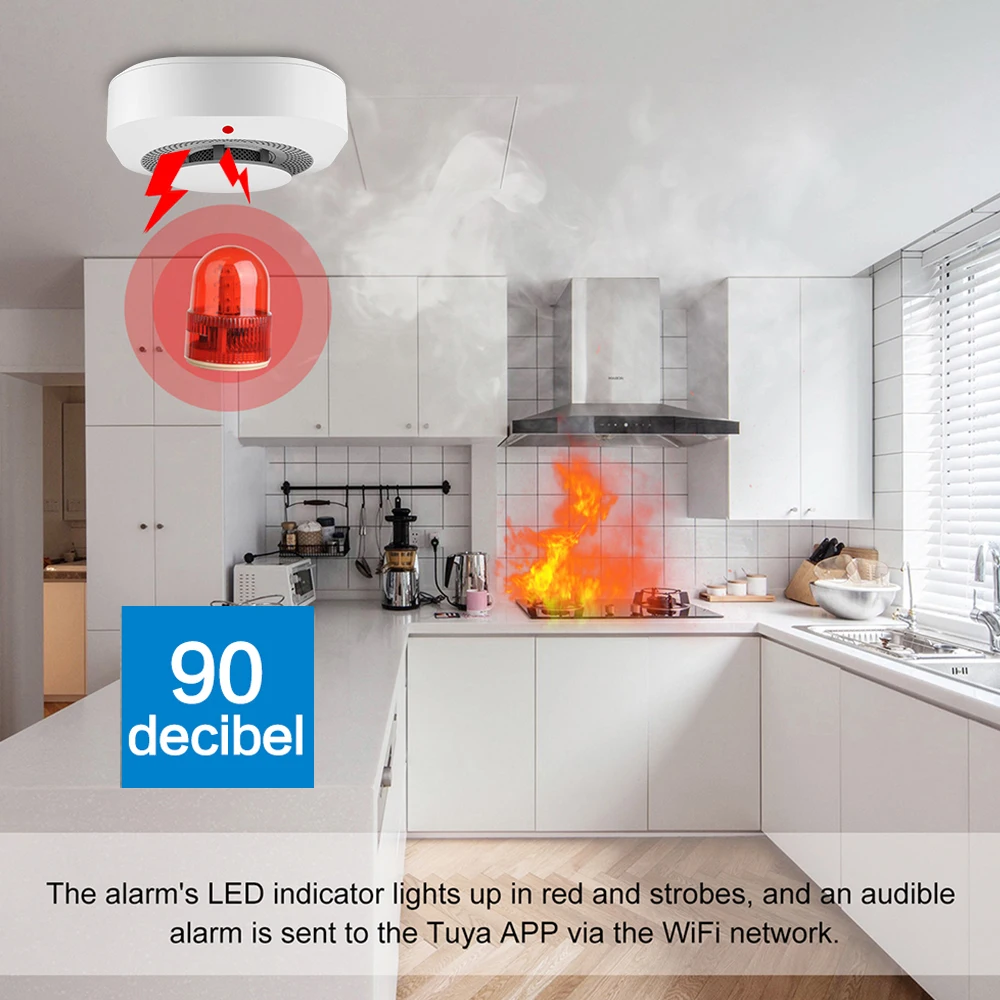
When to Replace an Outdated or Faulty Smoke Alarm
Smoke alarms have a lifespan. Most last up to ten years. Post this period, their efficiency dwindles. You should replace an outdated or faulty smoke alarm to ensure continued safety. Here’s how to know it’s time:
- Check the Manufacture Date: Look for the date on the alarm’s label. If it’s older than eight years, consider replacing it.
- Listen for Consistent Chirping: If an alarm chirps regularly even after battery changes, it might be faulty.
- Test Your Alarm: If it fails to sound during monthly tests, it’s likely time for a new one.
- Observe the Alarm’s Performance: If it doesn’t respond to test smoke or is overly sensitive, replace it.
Replacing an old or malfunctioning smoke alarm is crucial for your home’s safety protocols. Regular checks and timely replacements can save lives in emergency situations.
Addressing the Impact of Temperature and Humidity on Smoke Alarms
Smoke alarms can be very sensitive to temperature and humidity changes. These environmental factors significantly affect smoke alarm performance. To mitigate false alarms and chirping, it’s important to understand and manage these impacts effectively.
Temperature Sensitivity
Smoke alarms near heat sources often chirp unnecessarily. Place alarms away from kitchens and heating units. This will reduce false alarms due to high temperatures. Lowering the thermostat can also help if alarms are too close to heat sources.
Humidity and Its Effects
High humidity levels can trigger smoke alarms. Avoid installing smoke alarms near bathrooms or humidifiers where steam and moisture are common. If relocation is not an option, using a dehumidifier in these areas might help.
By understanding how temperature and humidity affect your smoke alarms, you can enhance their accuracy and reliability. This will ensure they function properly when you need them most.
Electrical Issues and Smoke Alarm Chirping
Electrical problems can cause your smoke alarm to chirp frequently. These issues are often related to power surges and voltage fluctuations in your home’s electrical system. Here are some important considerations and solutions:
- Check for Power Surges: Power surges can momentarily interrupt the electricity supply to your smoke alarm. This can result in a chirping sound once power is restored.
- Monitor for Voltage Fluctuations: Frequent voltage fluctuations might cause your smoke alarm to malfunction. A consistent supply of electricity is crucial for the proper operation of hard-wired smoke alarms.
- Inspect Wiring Connections: Loose or faulty wiring can lead to intermittent alarm chirping. Make sure all connections are secure and in good condition.
- Consult a Professional Electrician: If the chirping persists and you suspect an electrical issue, it’s wise to consult a professional. A licensed electrician can diagnose and fix problems that aren’t obvious to the untrained eye.
- Maintenance after Power Outages: Following a power outage, reset your smoke alarms. This can help in clearing any errors that might have occurred due to the power cut.
By addressing these electrical factors, you can reduce unwanted chirping and maintain the reliability of your smoke alarm system. Regular checks for these issues will help keep your smoke alarms functioning effectively.
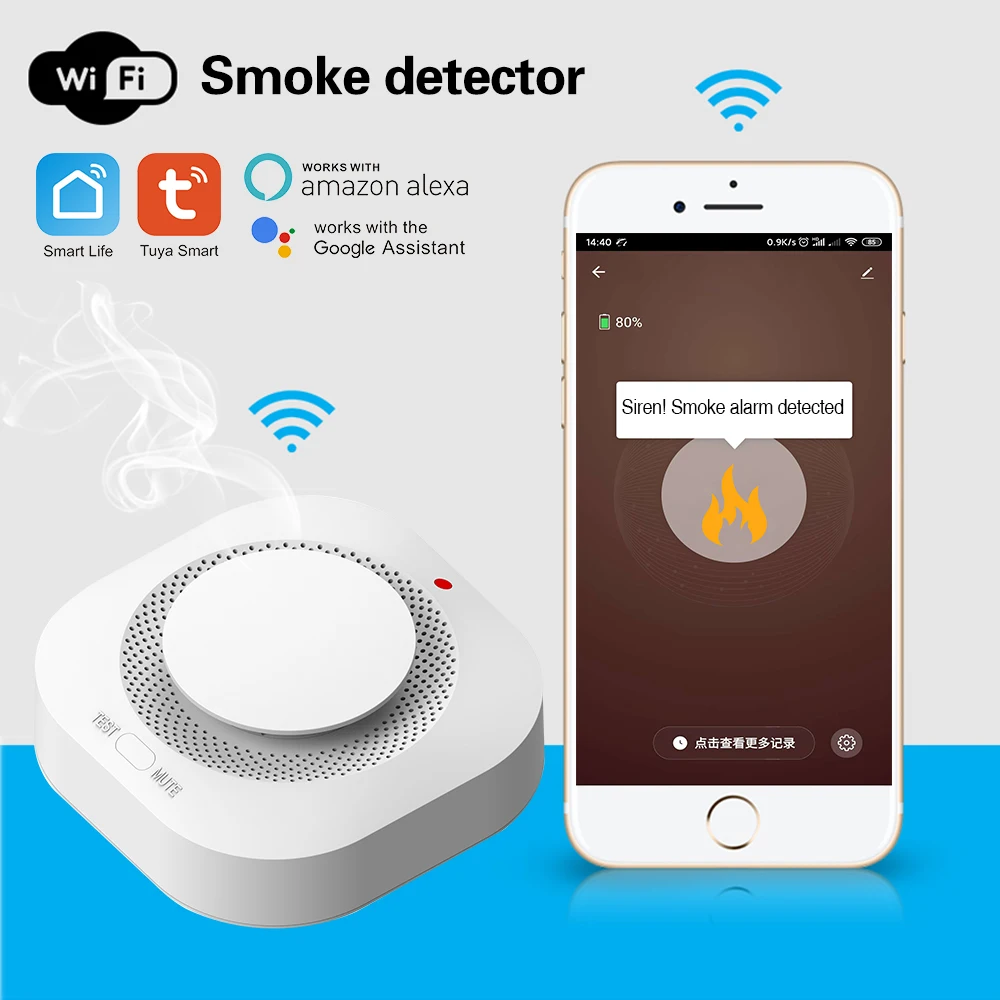
Hard-Wired vs. Battery-Operated Smoke Alarms: Understanding the Differences
Smoke alarms come mainly in two types: hard-wired and battery-operated. Knowing the differences helps choose the right one for your home.
Hard-Wired Smoke Alarms
Hard-wired smoke alarms get power from your home’s electrical system. They have backup batteries for power outages. These alarms are interconnected. When one goes off, all of them do, which is great for large homes.
Battery-Operated Smoke Alarms
Battery-operated smoke alarms are standalone units. They don’t need wiring and use batteries as their main power source. They’re easy to install and good for homes without electrical access in ceilings.
Understanding these differences is key. Hard-wired alarms usually need professional installation. Battery-operated ones can be a DIY job. Both types require regular testing and battery checks, if applicable. For safety, ensure your home has the right type of smoke alarm installed correctly.
Tips for Monthly Smoke Alarm Testing and Maintenance
Regular testing and maintenance are vital for ensuring your smoke alarm functions properly. Here are straightforward, monthly steps to follow:
Test Your Smoke Alarm Regularly
Press the test button on your smoke alarm monthly. Listen for the alarm to sound. This confirms that it’s working.
Clean Your Smoke Alarm
Dust off the exterior and vacuum the vents. This prevents dust from blocking the sensors.
Check for Battery Replacement
For battery-operated smoke alarms, check if the battery needs replacing. Do this even if there’s no chirping.
Inspect for Damage or Obstructions
Look for physical damages or things blocking the alarm. Fix these issues as soon as possible.
Review Alarm Placement
Ensure no new furniture or renovations block the smoke alarm’s sensors. Relocate if necessary.
Adhering to these simple steps can help prevent why your smoke alarm keeps chirping and boost safety in your home.
Professional Solutions for Persistent Smoke Alarm Issues
When smoke alarms repeatedly chirp despite your best efforts, professional help may be necessary. Consider these solutions:
- Consult a Smoke Alarm Specialist: Specialists understand different alarm models and can quickly diagnose issues. They offer repairs or replacements if needed.
- Electrical Inspection: Sometimes the problem is deeper, like faulty wiring. A licensed electrician can inspect and correct any electrical faults.
- Upgrade Your Alarm System: If your smoke alarm system is old, upgrading to a more modern system might resolve chirping issues. This is often more reliable and has enhanced features for safety.
- Professional Cleaning Services: For alarms in hard-to-reach places or those requiring special maintenance, professional cleaners can ensure thorough cleaning without damaging the components.
These professional solutions can address more complex issues that simple troubleshooting can’t fix. If chirping persists, don’t hesitate to call in the experts. They ensure your smoke alarms function correctly and efficiently.
